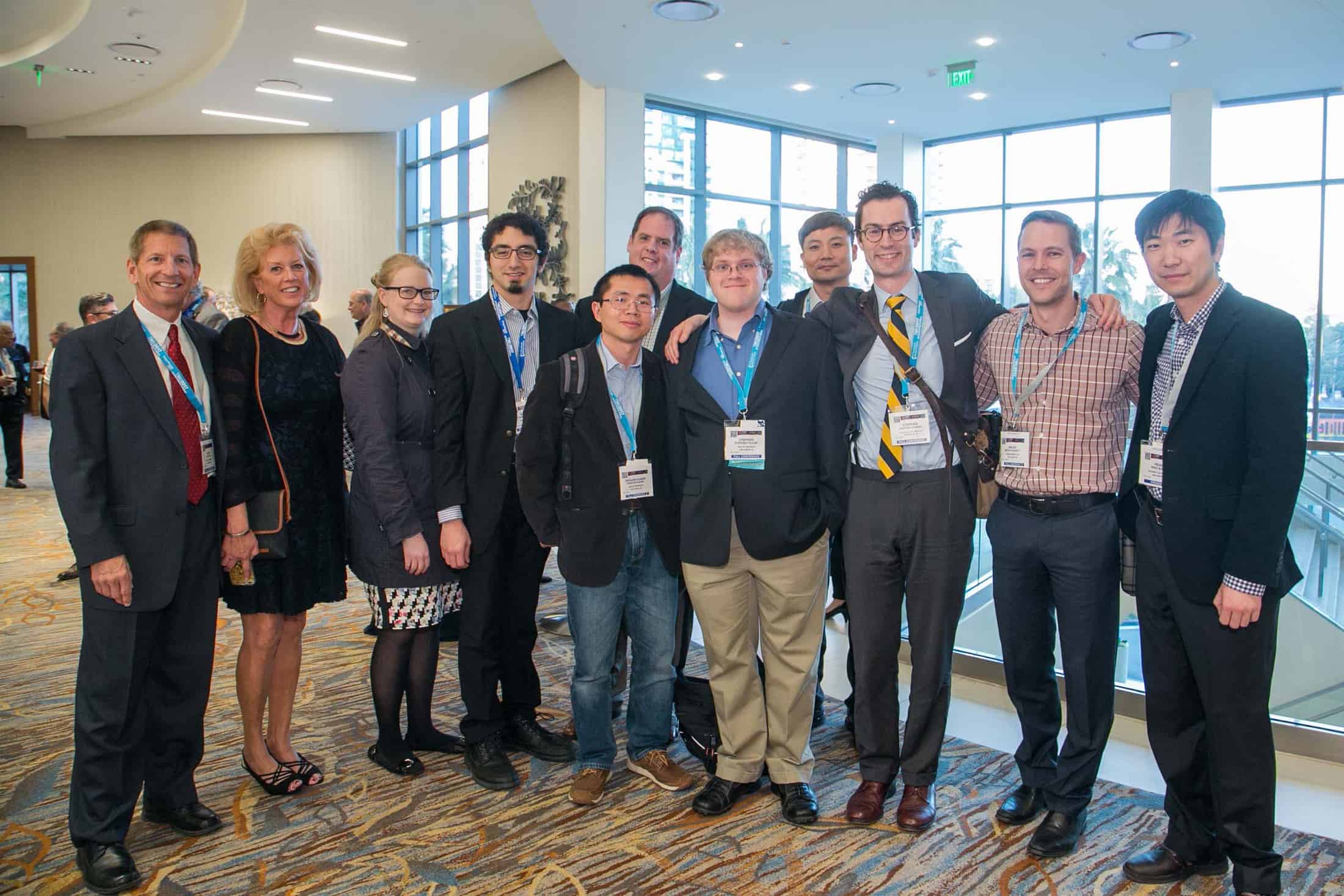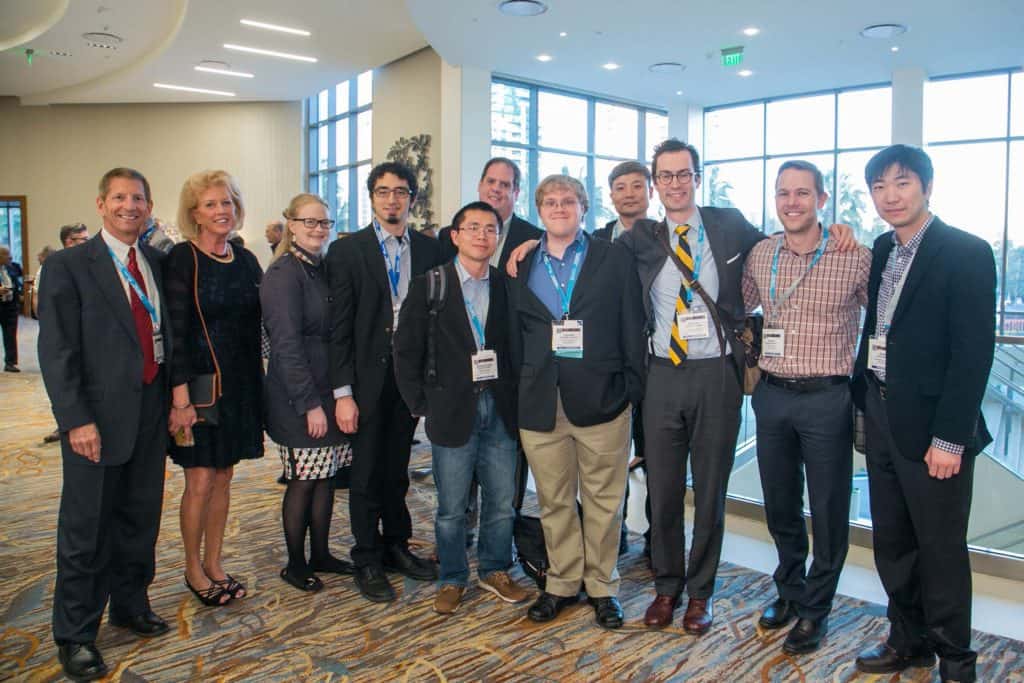
Gary Was retires after 41-year career in materials and nuclear energy systems
Was’s career was distinguished by his dedication to teaching as well as his contributions to research.

Was’s career was distinguished by his dedication to teaching as well as his contributions to research.
Gary S. Was, ScD, will retire in August after 41 years at the University of Michigan, distinguished by his dedication to teaching as well as contributions to research in the area of the response of materials to the unique environments of nuclear energy systems.
Was received his BSE (1975) from the University of Michigan, his MS (1977), and his ScD (1980) from the Massachusetts Institute of Technology. He joined the U-M Nuclear Engineering & Radiological Sciences (NERS) faculty as an assistant professor in 1980 and was promoted to associate professor in 1985, and to professor in 1990. He is the Walter J. Weber, Jr. Professor of Sustainable Energy, Environmental and Earth Systems Engineering, as well as a professor of both nuclear engineering and radiological sciences and materials science and engineering. Was served as associate dean for research in the College of Engineering from 2000–2005, chair of NERS from 1994–1999, and interim chair in 2018.
“Dr. Was taught me how to approach scientific and engineering challenges, and how to conduct myself as a researcher,” said former student Stephen Raiman. “As an assistant professor, Dr. Was’s methods have a big influence on the way I manage my own research group. I frequently catch myself passing on bits of wisdom I learned from him to my students.”

In 1986, Was established the Michigan Ion Beam Laboratory and became its founding director. The laboratory was created to advance our understanding of ion-solid interactions by providing unique and extensive facilities to support both research and development in the field of nuclear engineering. Was is also the founding director of the High-Temperature Corrosion Laboratory and the Irradiated Materials Testing Laboratory. He was the director of the Michigan Memorial Phoenix Project from 2006–2009.
Was studies the response of materials to the unique environments of nuclear energy systems, including radiation damage, corrosion, and stress corrosion cracking. He was a leader in developing the use of ion beams to understand radiation effects and in decoupling the complex interactions that lead to stress corrosion cracking in metals. His work was recognized across his career from his selection as a Presidential Young Investigator by the National Science Foundation through his selection as a fellow in multiple societies including TMS, the Materials Research Society, the American Nuclear Society, NACE International, and ASM International. Since 2016, he has been a guiding force for his technical field as the editor-in-chief for the Journal of Nuclear Materials, the premier journal in his field.
Was has won national awards for both his research and his teaching, as exemplified by the Glenn Murphy Award from the American Society for Engineering Education and the Mishima Award from the American Nuclear Society. He has published over 300 refereed archival journals and authored a seminal textbook on radiation materials science.

Professor Was’ commitment to students was demonstrated by graduating 44 PhD students over his 41-year career.
“Gary challenged his students to reach their full potential,” said former student Elaine West. “I believe most of Gary’s students will remember their graduate school experience as the greatest growth experience in their lives. He gave them opportunities to travel the world, network with academic and industry experts, and share exciting new knowledge that they created. In this way, he prepared them for a broad variety of career opportunities and because of this his influence on the nuclear materials research community will extend for decades beyond his retirement.”
Former student Pantip Ampornrat recalled, “On one of the snow days, I was late for a morning meeting with Gary. He told me never to be late again even though it’s snowing. Luckily I am in Thailand. There is no snow here! I thank Prof. Was for his kindness and patience. I learned a lot from him and I hope he enjoys his retirement!”
“The saying is that a good advisor explains and a great advisor inspires,” said former student, Stephen Taller. “Prof. Gary Was definitely inspired me to hold high standards as a scientist and be a better person.”